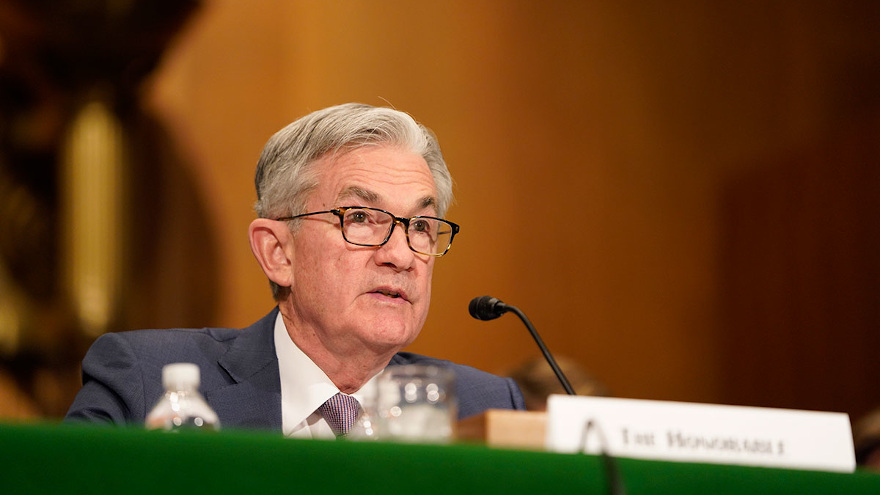Fed slashes interest rates amid COVID-19 impact

Federal Reserve chair Jerome Powell presents the Monetary Policy Report to the Senate Committee on Banking, Housing, and Urban Affairs in February. Photo courtesy of the Federal Reserve.
By subscribing, you agree to receive communications from Auto Remarketing and our partners in accordance with our Privacy Policy. We may share your information with select partners and sponsors who may contact you about their products and services. You may unsubscribe at any time.
WASHINGTON, D.C. –
With circumstances changing so quickly, the Federal Reserve on Sunday afternoon cut interest rates to zero percent and announced it would purchase $700 billion in bonds and securities to help stabilize the financial system in light of COVID-19.
Policymakers were on tap to meet later this week for its regularly scheduled gathering but chose to take action earlier.
“Overall economic activity has been expanding at a moderate rate, even though weak growth abroad and trade developments have been weighing on some sectors. U.S. banks are strong, have high levels of capital and liquidity, and are well positioned to provide credit to households and businesses,” Federal Reserve chair Jerome Powell said in a statement following Sunday’s actions.
“Against this favorable backdrop, the virus presents significant economic challenges. Like others, we expect that the illness and the measures now being put in place to stem its spread will have a significant effect on economic activity in the near term,” Powell continued.
“Financial conditions have also tightened markedly. The cost of credit has risen for all but the strongest borrowers, and stock markets around the world are down sharply,” he added.
“The actions we have announced today will help American families and businesses, and indeed, our entire economy weather this difficult period and will foster a more vigorous return to normal once the disruptions from the coronavirus abate,” Powell went on to say. “We will continue to closely monitor economic and financial developments and their implications for the economic outlook. We are prepared to use our full range of tools to support the flow of credit to households and business, to help keep the economy strong, and to promote our maximum employment and price stability goals.
Subscribe to Auto Remarketing to stay informed and stay ahead.
By subscribing, you agree to receive communications from Auto Remarketing and our partners in accordance with our Privacy Policy. We may share your information with select partners and sponsors who may contact you about their products and services. You may unsubscribe at any time.
After the Fed made its move, National Association of Federally-Insured Credit Unions (NAFCU) chief economist and vice president of research Curt Long offered this reaction, including a situation likely on the minds of dealerships and finance companies.
“The actions from the Fed ahead of its scheduled meeting on Wednesday reflect the view that a recession is a virtual inevitability,” Long said. “As the Fed has stated previously, it believes it is better to meet such a scenario early and with force, rather than by gradually opening the faucets.
“With such a comprehensive stimulus package, all eyes now turn to Congress for the fiscal response. Much depends on how the health situation evolves, but credit unions should plan for rates to be stuck at zero for most of this year,” Long added.
The Fed’s actions arrived after leading financial executives and bank leaders attended a White House meeting last week to discuss possible fallout from the coronavirus.
“Banks have implemented emergency measures to assist impacted customers and small businesses and appreciate statements from regulators allowing for increased flexibility to do so,” Consumer Bankers Association president and chief executive officer Richard Hunt said in a statement.
“Over the last decade, banks have built strong foundations, including the doubling of capital reserves, passing increasingly strong stress tests and a continued decline in problem institutions,” Hunt added.


